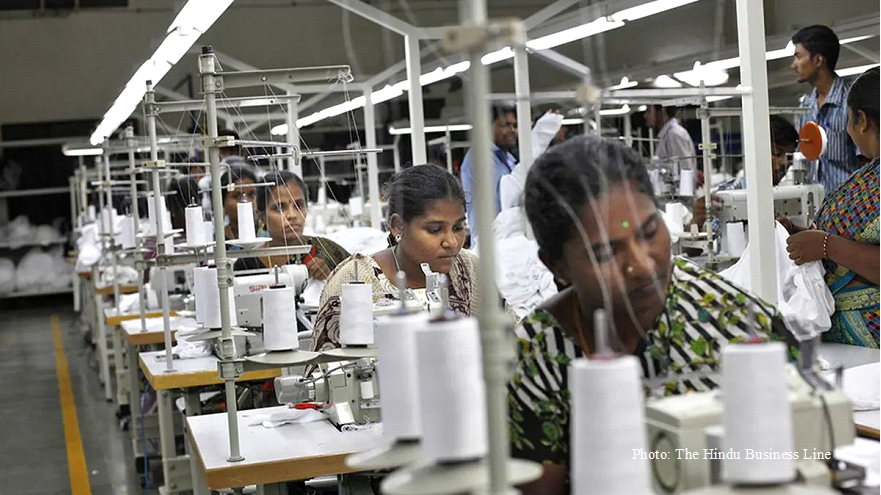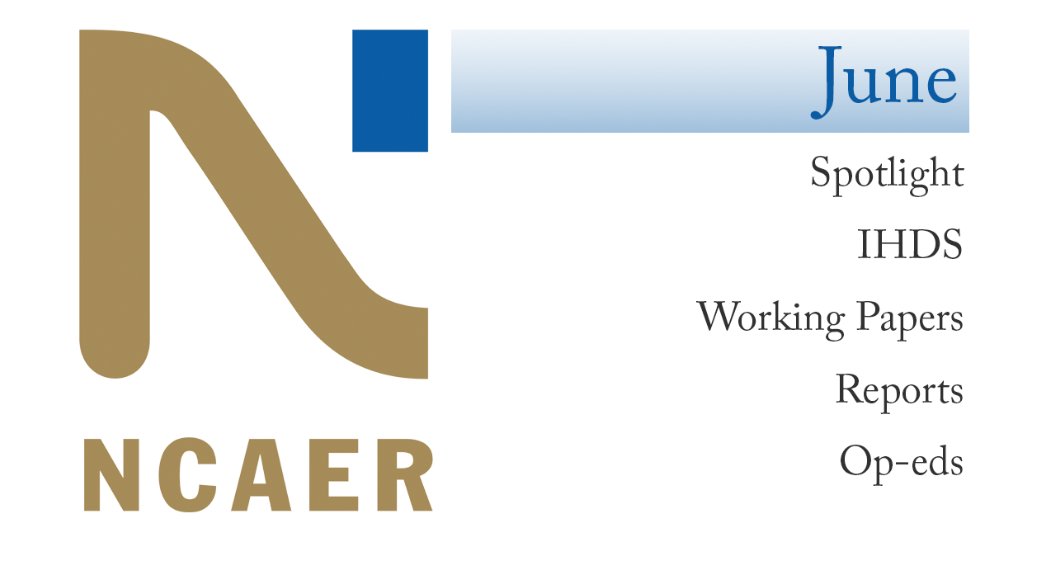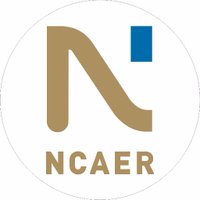
NCAER
@ncaer
The National Council of Applied Economic Research, India’s largest independent economic think tank, supports policymaking through research and data collection.
ID: 189099891
http://www.ncaer.org 10-09-2010 11:35:32
3,3K Tweet
8,8K Followers
118 Following


India’s digital finance boom is real — yet access without awareness is risky. NCAER faculty Dr CS Mohapatra, IEPF Chair Professor highlights in India Blooms the critical need to prioritise Digital Financial Literacy (DFL) as a core life skill to safeguard India’s digital finance


Countries such as Chile, Sweden, and Germany have increased female employment through quality childcare, affordable housing, and reforms supporting part-time work. NCAER faculty Ratna Sahay & Aakash Dev (Ph.D.) argue that India can achieve the same by investing in women-friendly




Reclaiming unclaimed financial assets to reduce financial opacity, enhance institutional accountability, and promote inclusive economic growth. NCAER Faculty IEPF Chair Prof. Dr CS Mohapatra, @Manu_Prathap & Depannita Ghosh in a co-authored paper compare a number of global financial
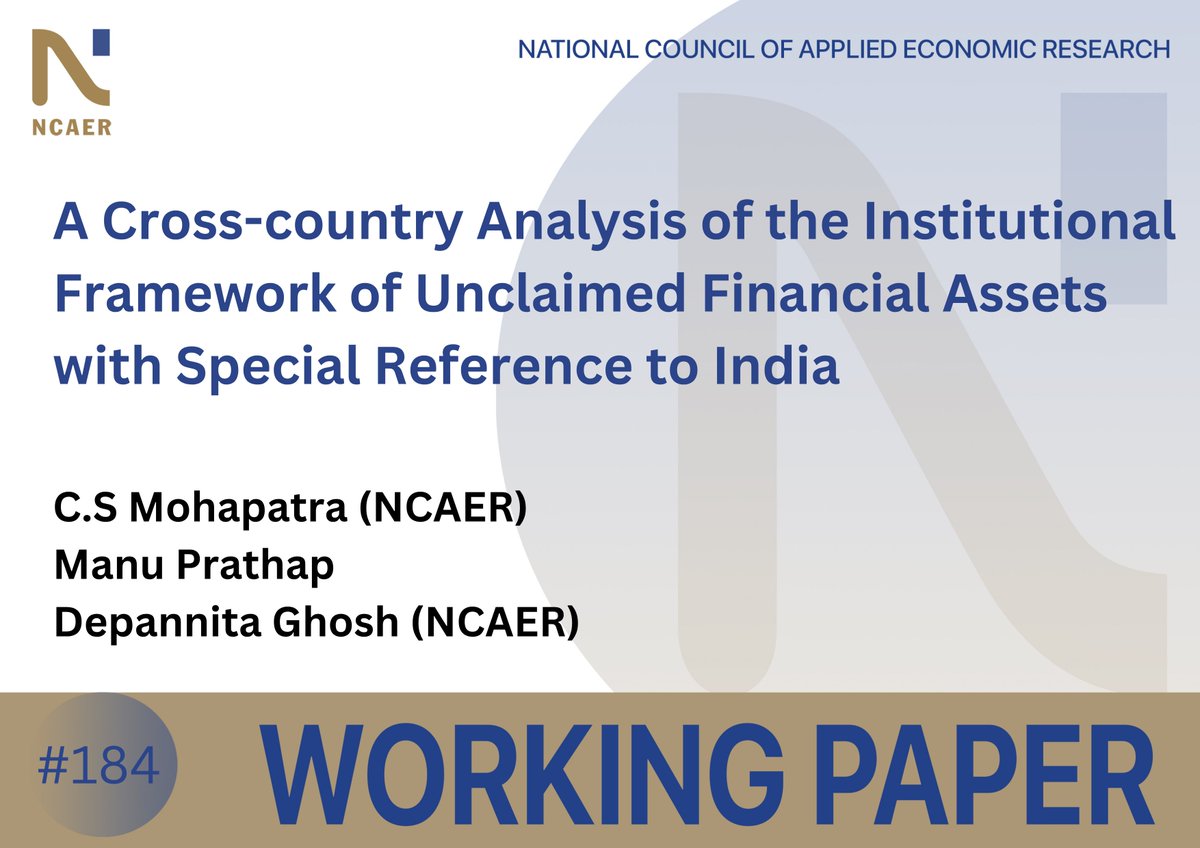

NCAER faculty Reshma Roshania presented a paper, which she has co-authored with Sonalde Desai on the Public Distribution System and Impacts on Household Food Consumption at the 10th Annual Agriculture, Nutrition and Health Academy Week held in Dar es Salaam, Tanzania, from 23-26
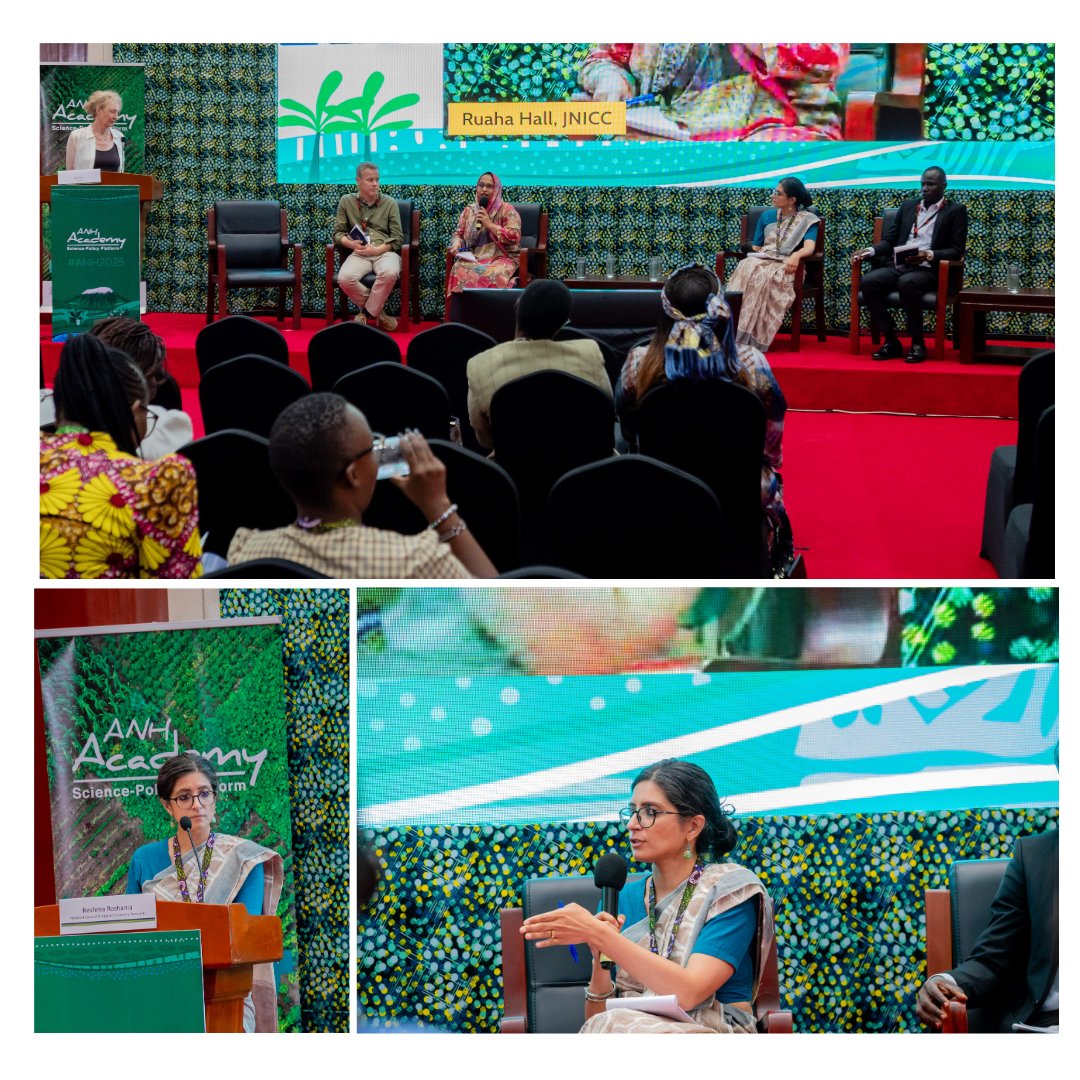

What qualifies as climate action—and why is so much of it overlooked? NCAER’s Visiting Faculty Udaibir S Das suggests that across emerging markets and developing economies (EMDEs), governments are investing in risk reduction, resilience, and long-term institutional transitions.
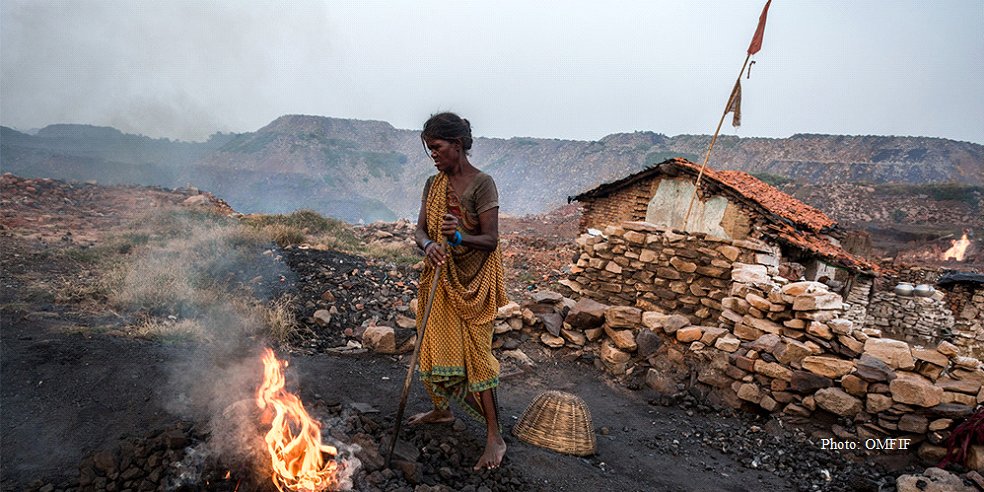

Addressing occupational segregation and promoting equitable economic access in urban India. A paper by NCAER Faculty Jyoti thakur, co-authored with Karthick V, examines the extent of occupational segregation among various gender and socio-religious groups in urban India.
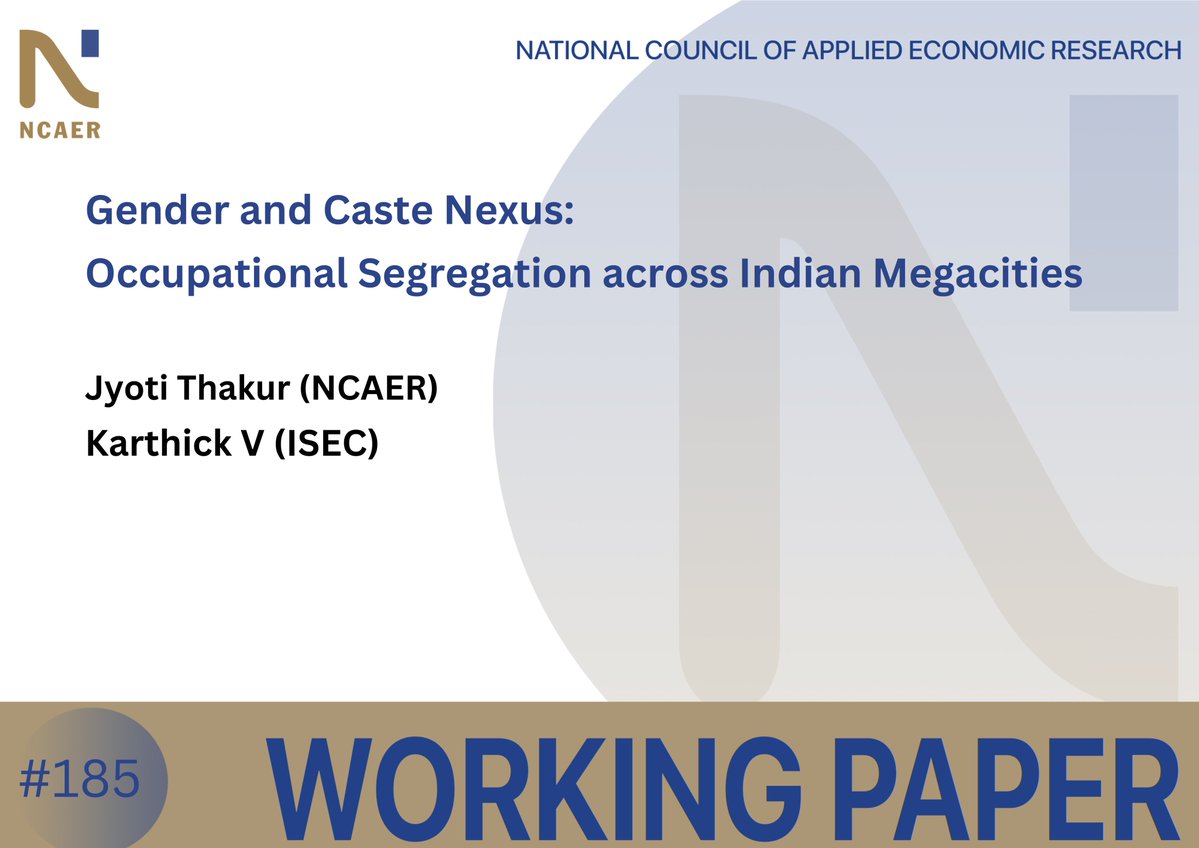

At the #GenderPolicySymposium, NCAER Faculty Professor Ratna Sahay joined @Smritiirani, Prof. Shamika Ravi, Soumya Kapoor & Isabelle Tschan to discuss reforms needed for women-led development and equity-driven change. #InvestInWomen #GenderEquity
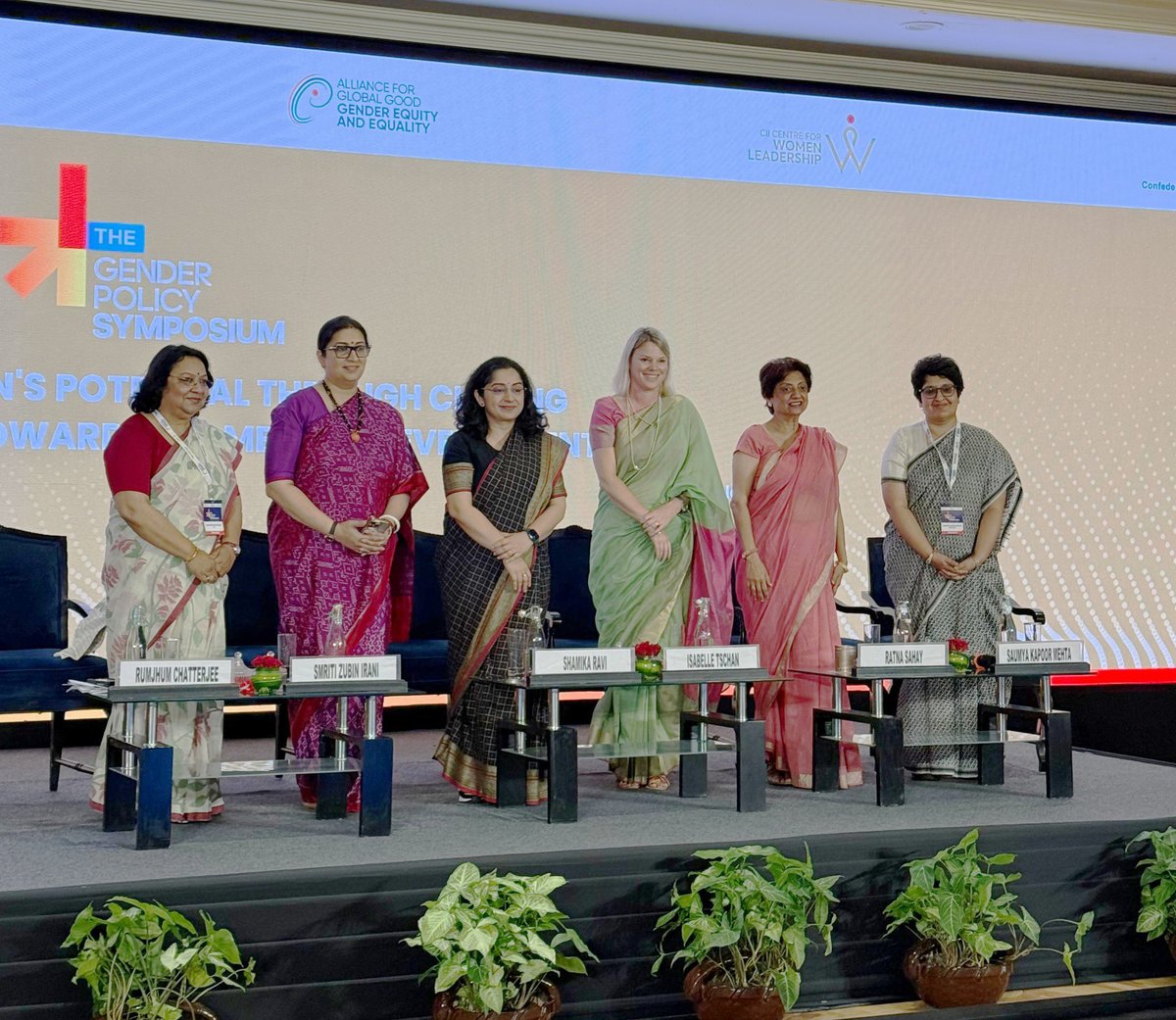

It is essential to tackle the deeper structural and societal issues that continue to restrict women’s participation in the economy. NCAER research staff Kritika Soni and Jayanta Talukder suggest that India’s economy risks remaining in a low-growth equilibrium unless we address



Moving beyond clicks to build trust-driven digital financial education for Viksit Bharat. NCAER faculty IEPF Chair Professor Dr CS Mohapatra and Depannita Ghosh in their Op-Ed stress that digital financial education must embed fraud awareness, grievance redress, and behavioural
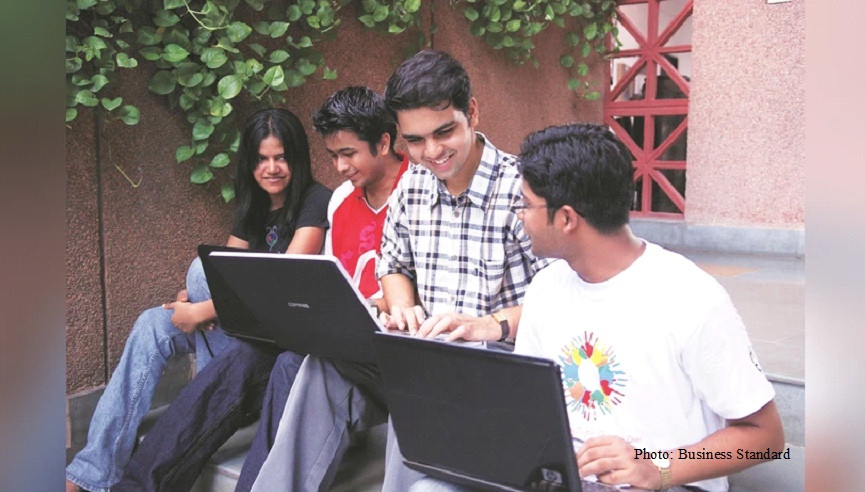

With the growing trend of coercive bilateralism, India faces the challenge of balancing immediate tactical needs with long-term economic priorities. NCAER Visiting Faculty Professor Pravin Krishna and research staff member Monil Sharma assess the implications of coercive
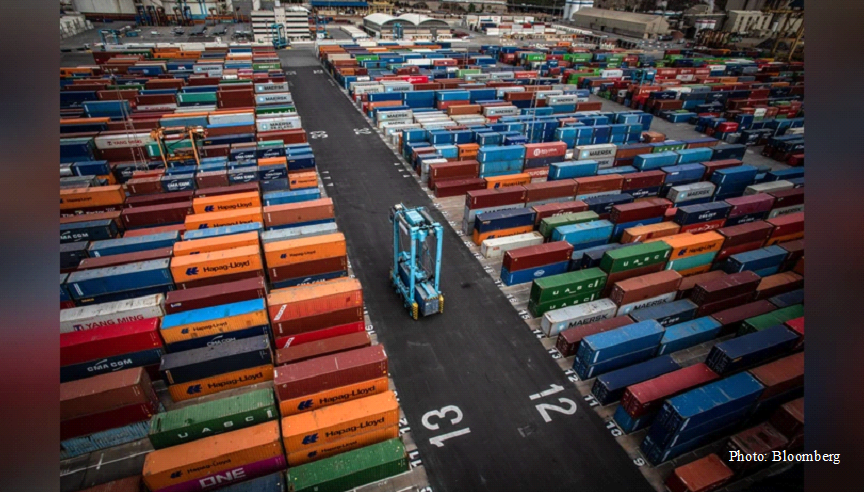

Historical experience with debt swaps shows persistent limitations in realizing the twin objectives of debt relief and development finance. NCAER’s visiting faculty Udaibir S Das explores this fundamental contradiction, advocating for a shift away from hybrid mechanisms toward


